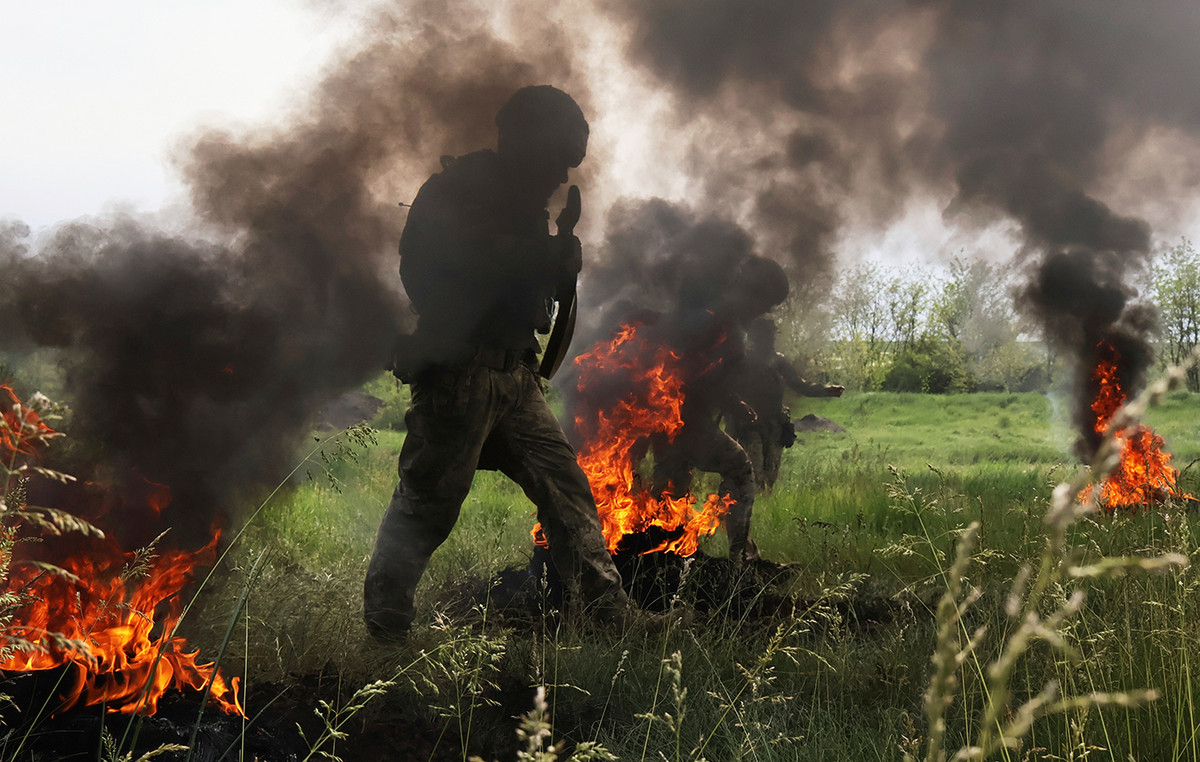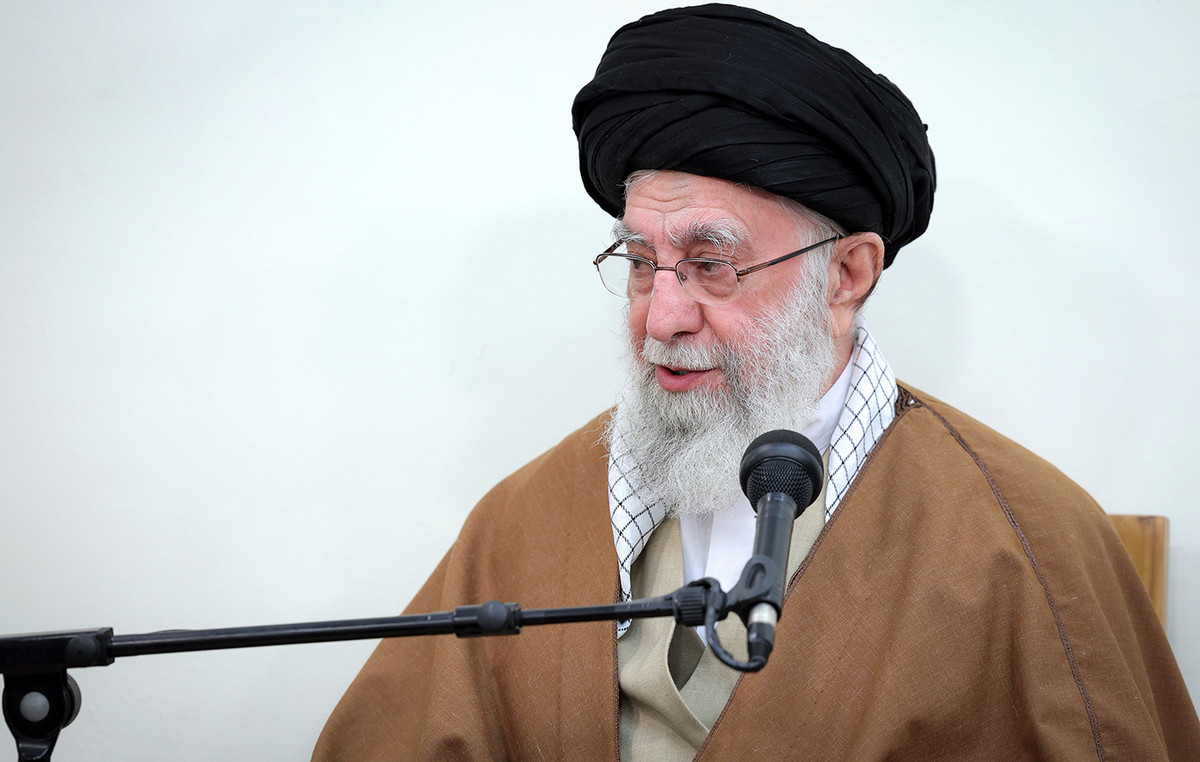A dengue still does not have a specific treatment , that is, there is no medication that works to combat the action of the virus in the body, such as an antiviral. Currently, treatment is based on the use of medications that alleviate symptoms, rest and hydration. But why is there still no specific medicine for a disease so common in Brazil and other South American countries?
According to José Cerbino Neto, medical researcher at IDOR (Instituto D'Or de Pesquisa e Ensino) and member of the technical advisory chamber for Public Health Emergencies at the Ministry of Health, there are several challenges for the development of an antiviral for dengue .
“The first challenges are related to all acute viral infections, because, in them, the viral replication period is very short”, says the researcher. He explains that, in the case of dengue, the virus multiplies in the body before the first symptoms appear and, after the physical signs manifest themselves (such as pain behind the eyes, fever and other typical symptoms), it multiplies little by little. more time.
“The most serious consequences of dengue occur when the virus is no longer replicating in the body”, he states. “So, at this point, the antiviral will no longer be effective in preventing serious illness. In other words, the time window for us to carry out antiviral treatment is very short, which makes it very difficult to develop good alternatives for treating this type of infection”, he adds.
In the case of dengue, there are still other challenges to be faced in the development of an antiviral. One of them is the fact that there are four different serotypes of the dengue virus , with genotypes divergent from each other. “This makes it even more difficult to find a treatment that is universal, that can treat all cases of dengue well within this small window of time for the treatment to be useful”, says Cerbino Neto.
How is the development of antivirals for dengue currently progressing?
At the moment, there are medicines in development and in the clinical testing phase for the treatment of dengue. Although, none of them have been approved for use to date .
Recently, an antiviral developed by Janssen, a pharmaceutical company owned by Johnson and Johnson, demonstrated an effect against the dengue virus in clinical trials with humans. You initial results were presented in October last year at the Annual Meeting of the American Society of Tropical Medicine and Hygiene, in Chicago, United States.
The work showed that the medicine JNJ-1802 it induced unprecedented activity against the virus in the body, in addition to being safe and well tolerated by the study participants. With this, the drug advanced to the next phase of studies which intends to establish effectiveness in volunteers from 10 countries, including Brazil.
Another drug is also being developed by researchers at Stanford University, in the United States, and will be tested on mice later this year . The person leading this project is the American scientist Jeffrey Glenn, one of the creators of the set of drugs against hepatitis C. The project also includes researchers from the Ciência Pioneira program, linked to the D'Or Institute.
“In general, these medications that are being studied seek to prevent the virus from replicating. In other words, they can act by inhibiting the synthesis of virus proteins or they can act by preventing the virus from entering the human cell”, explains Cerbino Neto.
The researcher explains that there are antivirals already in the final phase of clinical development but the results of these last stages of testing — which are carried out on humans — are still needed to ensure the safety and effectiveness of the drugs.
What are the steps in developing an antiviral?
To develop an antiviral, several steps are necessary. The first of them is the development in vitro in which molecules are tested in a laboratory environment to analyze their ability to inhibit virus replication.
Then the studies are done in animal models , like mice. At this stage, the objective is to analyze whether the action of the molecule in inhibiting virus replication, seen in the laboratory, also happens in a living model. Soon after, the clinical trials on humans . These tests are divided into three main phases:
- Phase 1 : Evaluates the safety of the medicine. For this, a small number of healthy volunteers are used;
- Level 2 : Evaluates the effectiveness of the medicine. To achieve this, a larger number of volunteers are subjected to testing. Generally, the study includes people infected with the virus (such as dengue fever) to see if the medicine works to combat the infection;
- Phase 3 : Clinical tests carried out on a larger sample of volunteers, involving participants from several countries. The objective is to evaluate the effectiveness and safety of the medicine in different populations. It is at this stage that the precise effectiveness of the drug is calculated.
“Currently, there are drugs that are in phase 2 and others that are in phase 3. If they demonstrate that they work well to treat dengue, they are submitted to regulatory agencies [no caso do Brasil, a Anvisa (Agência Nacional de Vigilância Sanitária)] to receive approval and be offered to the entire population”, says Cerbino Neto.
According to the expert, the development time for an antiviral can vary according to each stage of the process. From laboratory testing to approval, can generally take around 10 years . In the researcher's view, as there are already drugs against dengue in the final phase of study, “we may have an option available in a short time frame”.
Does the antiviral for dengue solve an epidemic?
In 2024 alone, Brazil has already recorded more than 2.5 million cases of dengue and more than 900 deaths confirmed by the disease, according to data from the Ministry of Health. One of the main ways to prevent the disease is the dengue vaccine, which It is already available in the SUS (Unified Health System) and is currently being applied to children and adolescents between 10 and 14 years old.
In Cerbino Neto's view, the antiviral will serve to prevent the development of serious illnesses and deaths due to dengue fever . “The antiviral will not prevent people from becoming infected, what does that is the vaccine. But it could prevent them from getting very sick, having severe forms of the disease or eventually dying,” he says.
Source: CNN Brasil
I am an experienced journalist and writer with a career in the news industry. My focus is on covering Top News stories for World Stock Market, where I provide comprehensive analysis and commentary on markets around the world. I have expertise in writing both long-form articles and shorter pieces that deliver timely, relevant updates to readers.







